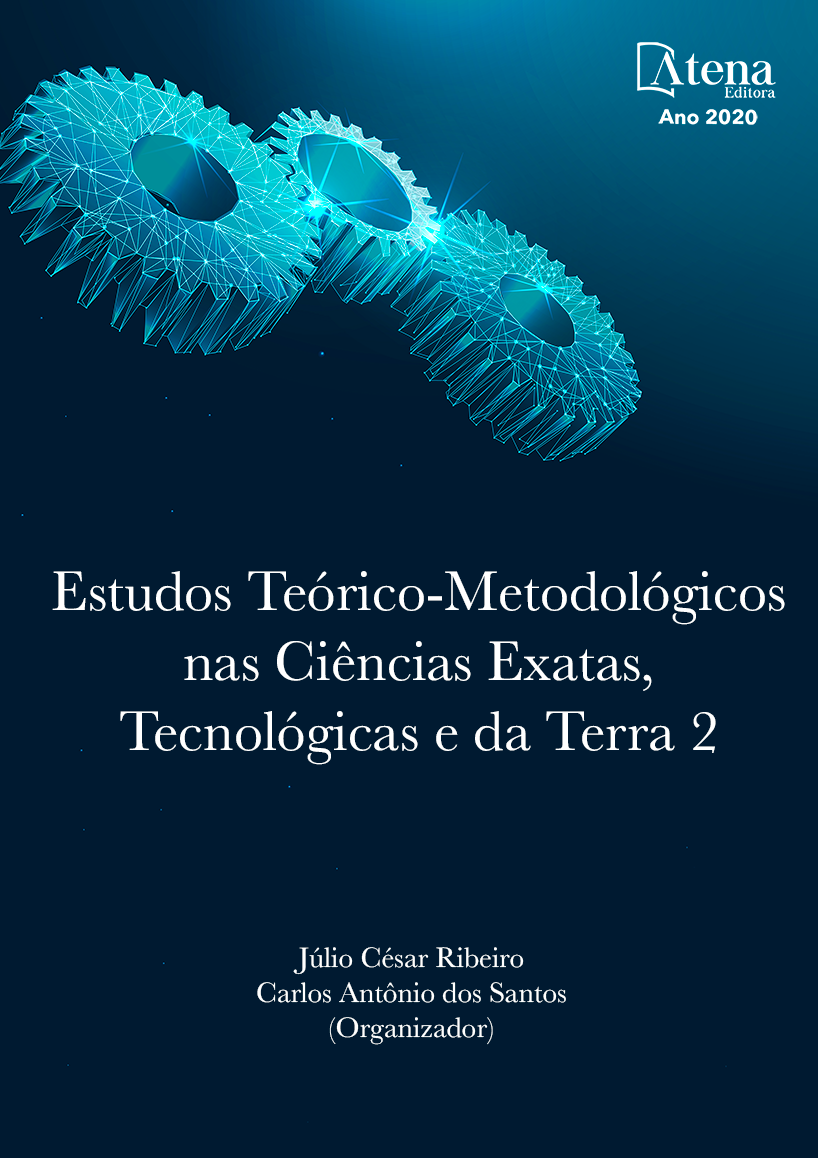
REGRESSÃO QUANTÍLICA NA ESTIMAÇÃO DA EFICIÊNCIA TÉCNICA DA AGRICULTURA FAMILIAR EM MINAS GERAIS
A agricultura familiar constitui a base da economia de muitos municípios do país e em especial, de Minas Gerais. A importância destes produtores para a economia faz com que surja a necessidade de buscar uma produção eficiente para o setor. E, neste sentido, estudos visando avaliar a eficiência na produção têm sido realizados. Estes estudos, normalmente, baseiam-se em técnicas como Análise Envoltória de Dados (DEA) e Fronteira Estocástica (SFA). No entanto, o uso destas técnicas baseia-se na suposição de homogeneidade entre as unidades avaliadas, o que, devido a heterogeneidade presente nesta modalidade, pode não ser a estratégia mais adequada. Visando contornar esta limitação, este trabalho propõe, por meio do ajuste de regressões quantílicas, estimar a eficiência técnica da agricultura familiar em Minas Gerais, a nível municipal, utilizando dados do Censo Agropecuário de 2006. Considerou-se como insumos a área utilizada para agricultura familiar no município (ha), a quantidade de máquinas e mão-de-obra (unidades) e os gastos com demais despesas (mil reais); e, como produto, o valor total da produção (mil reais). De forma geral, verificou-se que a área utilizada influenciou negativamente a produção em municípios de menor produção (quantis 0,15 ao 0,55); a quantidade de maquinário apresentou efeito positivo sobre o total produzido apenas para municípios nos extremos da distribuição da produção; os gastos com demais despesas influenciaram positivamente todos os municípios, entretanto, a influência foi maior em municípios do segundo quartil e ainda; a mão-de-obra influenciou igualmente a produção de todos os municípios. Além disso, verificou-se que a média de eficiência da agricultura familiar em MG foi de 41,7%, e, portanto, mudanças na alocação dos fatores de produção, sem a necessidade de aumentar a quantidade de insumos utilizados, podem ser feitas de modo a tornar estes produtores mais eficientes.
REGRESSÃO QUANTÍLICA NA ESTIMAÇÃO DA EFICIÊNCIA TÉCNICA DA AGRICULTURA FAMILIAR EM MINAS GERAIS
-
DOI: 10.22533/at.ed.51720100812
-
Palavras-chave: heterogeneidade, produção eficiente, quantis condicionais
-
Keywords: heterogeneity, efficient production, conditional quantiles
-
Abstract:
Family farming constitutes the basis of the economy in many municipalities in the country, particularly in Minas Gerais State (MG). Due the farmers importance to the economy makes it necessary to seek efficient production for the sector. In this sense, studies aiming to evaluate the efficiency in the production have been carried out. In general, these studies are based on techniques, such as, Data Envelopment Analysis (DEA) and Stochastic Frontier (SFA). However, the use of these techniques are based on the assumption of homogeneity between the units evaluated, which, due to the heterogeneity present in this modality, may not be the most appropriate strategy. In order to circumvent this limitation, this work proposes, by adjusting quantile regressions, to estimate the technical efficiency of family farming in Minas Gerais State, at the municipal level, using data from the 2006 Agricultural Census. As inputs, the area used for family farming in the municipality was considered (ha), the number of machines and labor (units) and expenses with other expenses (thousand reais); and, as a product, the total value of production (thousand reais). In general, it was found that the area used had a negative influence on production in municipalities with less production (0.15 to 0.55 quantiles); the amount of machinery had a positive effect on the total produced only for municipalities at the ends of the production distribution; spending on other expenses positively influenced all municipalities, however, the influence was greater in municipalities in the second quartile and still; labor also influenced the production of all municipalities. In addition, it was found that the average efficiency of family farming in MG was 41.7%, and therefore changes in the allocation of production factors, without the need to increase the amount of inputs used, can be made to make these farmers more efficient.
-
Número de páginas: 13
- Gabriela França Oliveira
- Raimundo Cardoso de Oliveira Neto
- Ana Carolina Campana Nascimento
- Camila Ferreira Azevedo
- Moysés Nascimento


